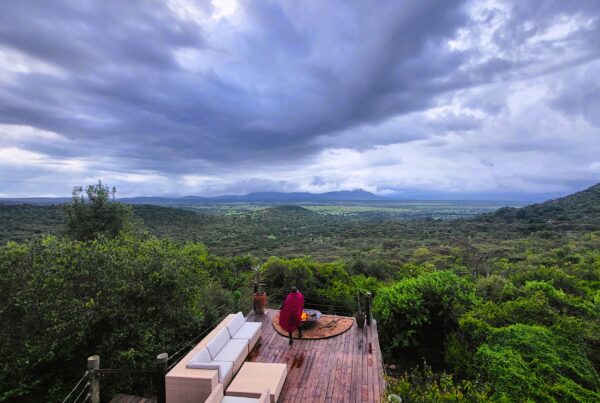7 Ways to Shine Your Light on International Day of Happiness
20 March is a day to shine. It’s the International Day of Happiness and it’s been a potent force for global improvement since it was established in 2012.
By Kay Sexton, Contributor
World Happiness has a much longer history.
Back in 1971 the tiny mountain kingdom of Bhutan decided to implement GNH (Gross National Happiness) rather than GNP (Gross National Product) as a measure of success. They’ve done pretty well: in a 2015 census, 35% of the population described themselves as extremely happy, and 48% as moderately happy. Just 9% were unhappy.
The United Nations measures happiness globally as well. In 2020, Finland was named the happiest country in the world for the third year running. On the other hand, many countries have established government and ministry roles for Happiness, such as the United Arab Emirates and Venezuela.
So how should we enjoy World Happiness Day? Well by shining our light on others, of course!
We have seven tips to help you make the world glow with happiness:
1. Praise the efforts of colleagues
A US study found that 40% of workers would put more effort into their jobs if their contribution was more frequently recognised. Not only that, positive feedback makes people happy – pure and simple. Simply telling a coworker that you appreciate them can improve their day, bring them happiness and elevate the working environment. And if you don’t have colleagues, pat yourself on the back for doing a good job as a solo worker!

Image credit: Robert Collins
2. Express gratitude
Say the words and make it public to help other feel more positive. Whether it’s the barista who made your perfect coffee, or the colleague who holds open a door for you, expressing gratitude doesn’t just make others happier (see point one), but people who are generally more grateful actually benefit mentally. Psychological research shows that when people gave regularly to a cause, they had stronger medial prefrontal cortex development, which is associated with decision-making and learning. So public gratitude also helps other people to think about giving, which helps them benefit mentally too.
3. Improve your workplace
We’ve already talked about shining the light of positive feedback on colleagues, so why not take it a step further? There are so many ways that workplace happiness can be increased: giving workers more power over how their workday is organised substantially increases happiness, as does paying people for team rather than individual performance. This makes people more productive, which in turn improves profit, and helps companies grow.
4. Improve your environment
Being out in nature makes us feel better emotionally and it contributes to physical wellbeing as well. We can help nature by picking up litter, for example. Going to the beach or a local park with a bin bag and doing a five minute clean-up can make you feel better, because you did a good deed and also improves the local environment for others. Want a bigger project? Businesses can sponsor areas like roundabouts and pathways and benefit that environment not just through money but by organising work days that improve the area and offer great team-building activities.
5. Make the world a better place
The International Day of Happiness links naturally to corporate social responsibility. To create a glow of happiness, design an inclusive event – cakes baked by one team supported by coffee made by another and served by a third can create a sense of action and inclusion. Maybe commit to helping children at a disadvantaged local school, or supporting a local animal shelter.
“Our future mindedness can be a source of joy if we know good things are coming, and travel is an especially good thing to have to look forward to.”
Mathew KillingsworthSenior fellow at the University of Pennsylvania's Wharton school

Image credit: Jeison Higuita
6. Listen
To somebody who doesn’t often get listened to. People often feel ignored or worthless because they find it hard to express themselves. Helping people find their voices can be as simple as sitting down with an under-heard person and giving them a big chunk of your time on world happiness day.
7. Go ahead & book that trip, it’s good for you!
“Our future mindedness can be a source of joy if we know good things are coming, and travel is an especially good thing to have to look forward to” says Mathew Killingsworth, a senior fellow at the University of Pennsylvania’s Wharton school.
.
With some research and careful planning, it’s completely possible to start looking at future travel plans later in the year. We recommend from September onwards as a good time to expect travel to be more open and accessible, so check the terms and conditions carefully and make sure you have the flexibility to change your plans if needed. If you’re not ready to book yet, start by writing a list of all the places you want to visit and the friends and family that you want to reunite with to create a positive mindset for the future, as we will be out enjoying the world safely again soon! That’s something to be happy about!










